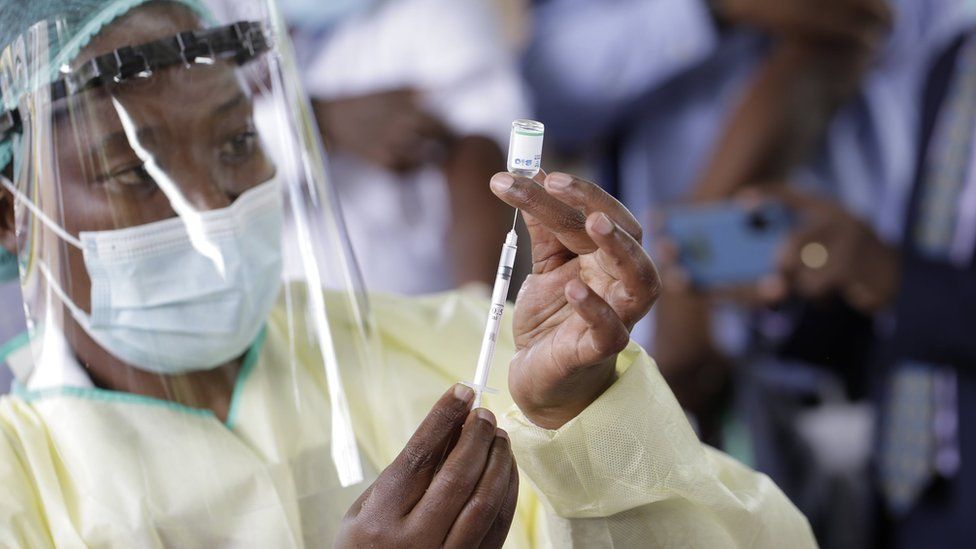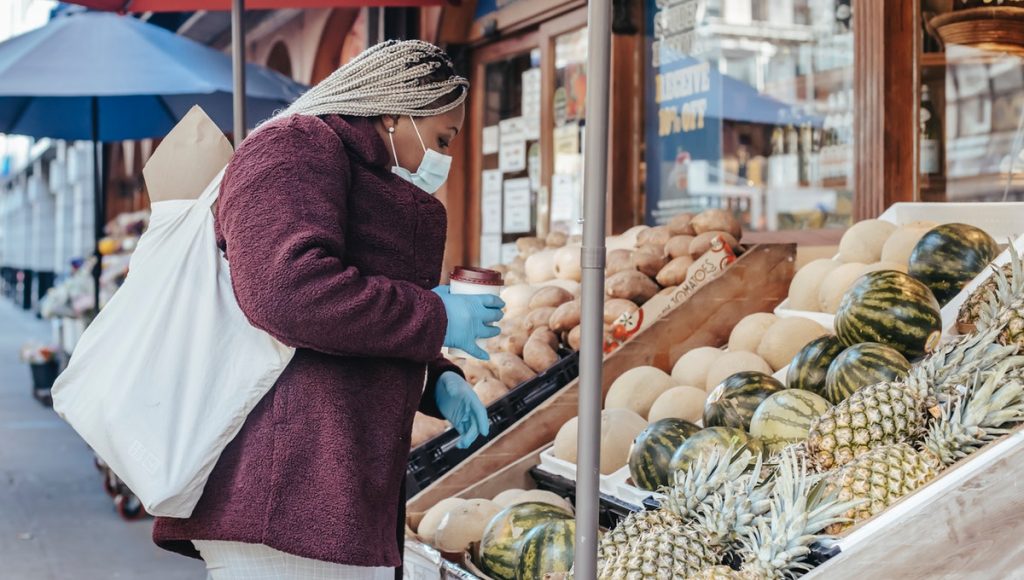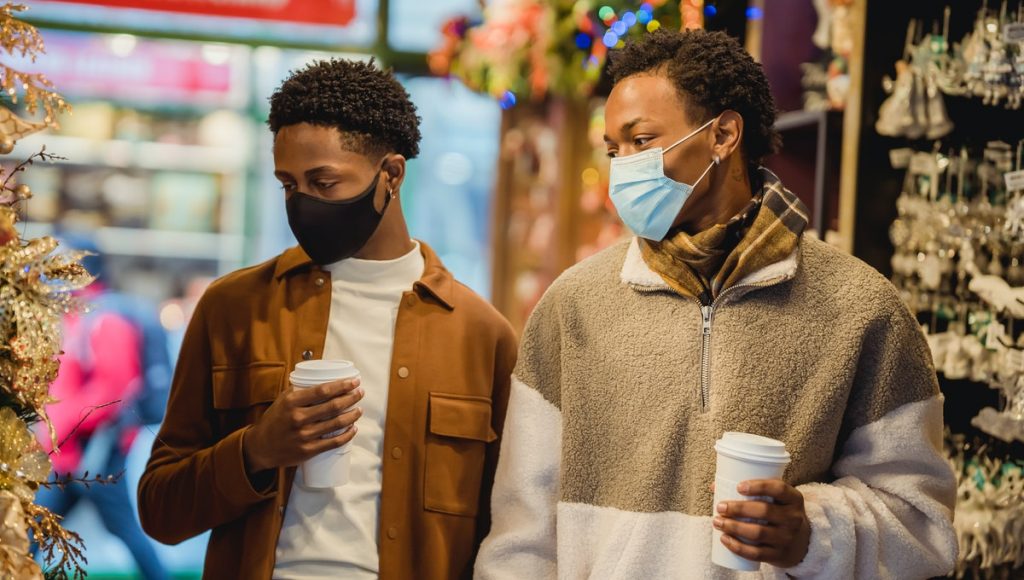Germany: German states are enforcing different measures to try and cope with the rise in covid-19 infections and overwhelmed intensive care units. Here are the latest rules and restrictions for each state:

Baden-Württemberg
On Tuesday, November 16th, the southern state reached the critical level of 390 Covid patients in intensive care units for two days in a row. After that, the so-called warning level came into effect, bringing 2G rules into force. Here’s what the rules entail:
- 2G rules into force – access to many public areas is restricted to the vaccinated (geimpft) and people who’ve recovered from Covid (genesen).
- Reintroduced contact restrictions for unvaccinated people.
- Unvaccinated households are only allowed to meet with up to five other people at one time. This number also excludes children under 17, vaccinated and recovered people and people who can’t get vaccinated for medical reasons.
- Three municipalities in Baden-Württemburg introduced a nighttime curfew on the unvaccinated from November 22nd.
Bavaria
- Restaurants will stay open but will have to close by 10pm each night, while universities, adult education centres and services like hairdressers that require close bodily contact will use a ‘2G’ entry policy.
- In addition, large events will introduce a 25 percent capacity limit and will operate under a ‘2G-plus’ system.
- Contact restrictions return for the unvaccinated – Only up to five people from two different households will be permitted to meet over the coming weeks.
- Areas with high infection rates will be forced to close and schools to switch to online teaching
- Shops remain open but limit the number of people inside.
Berlin
Only vaccinated and recovered people have access to restaurants, cinemas, theatres, museums or galleries under the new 2G rules. The same applies to leisure facilities such as saunas and the Berlin Zoo.
Children under the age of six are able to get into venues with no documentation, while other young people under 18, and those who are unable to get vaccinated for medical reasons can show a negative test instead.
Brandenburg
2G rules in Brandenburg will apply for indoor dining in hospitality, culture and leisure. Those who cannot be vaccinated for health reasons will be required to wear an FFP2 mask.
all pupils from the first grade onwards will again have to wear masks in primary schools. Pupils will also have to be tested three times a week instead of twice a week as before. Teachers and other school staff will also have to wear masks indoors.
Bremen
The state has managed to stay below the warning level 0 meaning the 3G rule is no longer in effect.
The 2G rule is an option at higher warning levels. Restaurants, theatres, bars, clubs and sports facilities are allowed to apply it.

Hamburg
The 2G rule has been in effect since August in public places such as restaurants, bars, cinemas or theatres. Essential services – like supermarkets or pharmacies are exempt from 2G, as well as educational institutions and social participation facilities.
Hamburg will extend the 2G rue to other areas should there be an increase in covid cases.
Hesse
From Thursday the government said that anyone who is not vaccinated or recovered from covid within the last six months must present a PCR test to take part in 3G events or when entering public places.
Mecklenburg-Western Pomerania
From Thursday, a stricter 3G rule will apply to nursing homes in the northern state. All visitors over the age of six have to present a negative test or take a test when entering the home – even if they are vaccinated or recovered.
In pubs, restaurants and at events, a 2G rule has been in place for some time: if only vaccinated and recovered people have access, some protective measures – like masks – can be shelved. In cinemas, the 3G rule applies.
Lower Saxony
The revised set of rules enforced that the 2G rule will become mandatory for indoor events with more than 1,000 people.
When a certain covid warning level is achieved, the 2G rule during indoor dining will become mandatory.
North Rhine-Westphalia
The situation differs throughout the state, but in Cologne the 2G rule applied for the celebrations on November 11th – meaning people who were not vaccinated or recovered had to stay at home.
In hospitals, museums or indoor dining, the 3G rule applies.
Rhineland-Palatinate
The state has had the 2G plus rule in place meaning the number of unvaccinated people admitted to certain public spaces is limited and could be further reduced should the 7-day incidence or the number of covid patients exceeds the threshold.
Saarland
The state uses the 3G rule for indoor public places such as restaurants, leisure facilities and at sporting events.

Saxony
- Saxony has strict state-wide 2G rules in place since Monday, November 8th, due to Covid cases spiralling in the state.
- Only those who have been vaccinated and those who have recovered are allowed into public places such as restaurants.
- Some faculties have been closed this includes nightlife venues and leisure facilities such as libraries and gyms.
- Unvaccinated people are subjeted to nighttime curfew in egions with a high infection rate.
- FPP2 masks are required on public transporst
- thelocal.de wrote that ‘Saxony state leader Michael Kretschmer has also said a lockdown shouldn’t be ruled out.’
READ MORE: Germany: Restrictions in force in Saxony, curfew for the unvaccinated
Saxony-Anhalt
3G rules are in place while businesses also have the option of using 2G.
The state has also set a limit for infections and should the number exceed then covid rules shall be tightened.
Schleswig-Holstein
From Monday, 3G rules will apply in the work place and 2G rules will be put in place for all indoor public spaces.
Thuringia
Different access rules apply depending on the district in Thuringia. Some areas use 3G-Plus (PCR test) for entry to restaurants and events, in other regions, a rapid test is sufficient (3G rules)
Source: Thelocal.de
